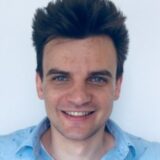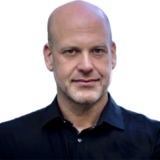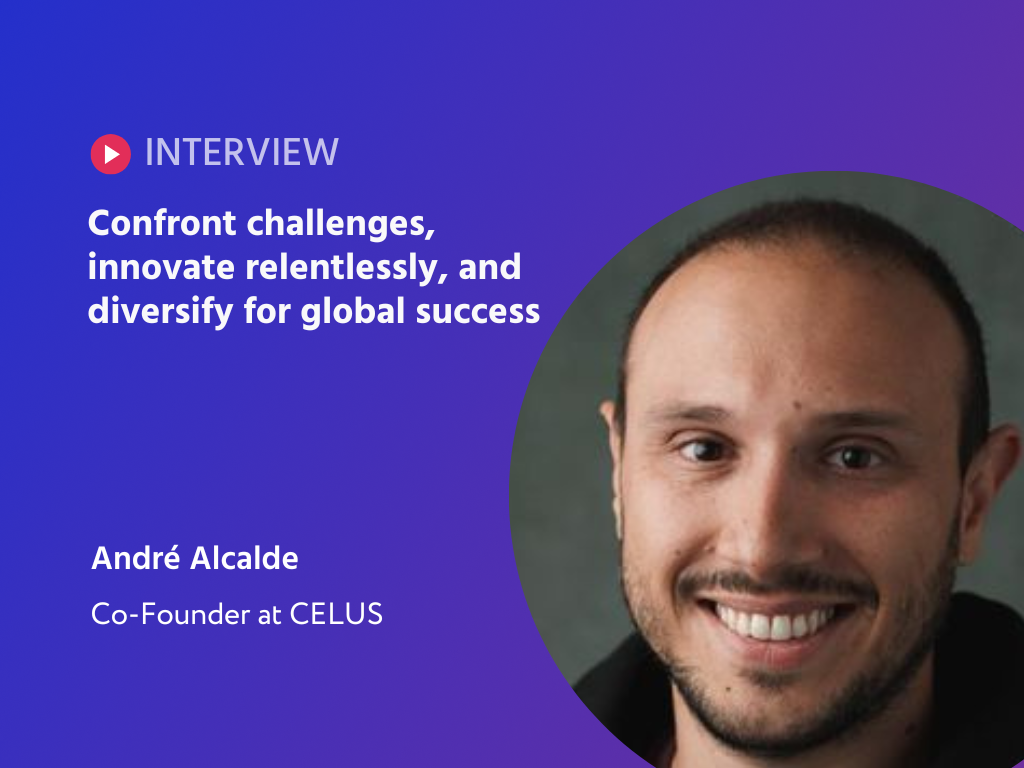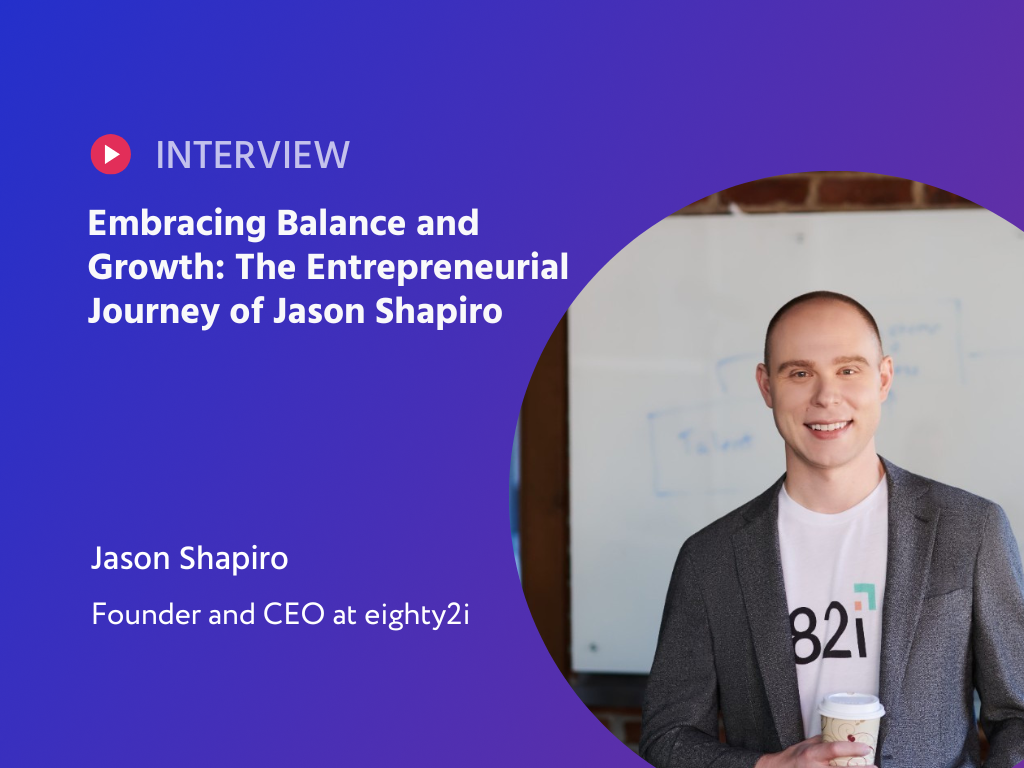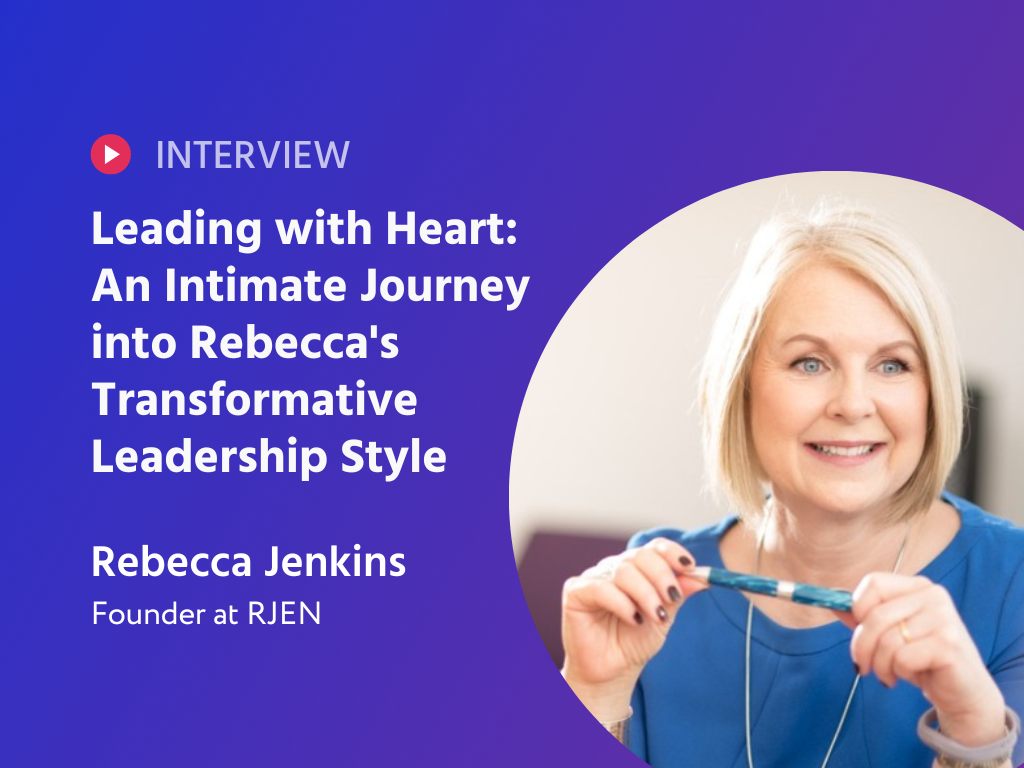In the pulsating heart of software innovation, the question of data sovereignty remains paramount. We recently sat down with Frank Karlitschek, the Founder and CEO of Nextcloud, to discuss the emergence and evolution of his open-source enterprise.
Nextcloud, as Karlitschek explained, is a robust content collaboration platform, often compared to big players like Microsoft 365 and Google Workspace. Yet, its standout feature is its steadfast commitment to open-source ethics, allowing individuals and businesses alike to take full control of their digital assets.
Unlike the giants of the industry, Nextcloud’s ethos is underpinned by the idea that everyone should have access to their own secure and private platform for communication and collaboration. Delve into our conversation below as we unravel the journey of Nextcloud, its business model, and the visionary behind its success.
Nextcloud's Journey: Frank Karlitschek's Quest to Change the Cloud Landscape
When you think of cloud storage, giants like Google and Microsoft probably pop up. But Frank Karlitschek had a different vision in mind. Sipping coffee and reminiscing over a Berlin sunset, Frank delves into the story of Nextcloud. It wasn't just another cloud service; he was trying to break the mold. Frank pointed out, "I don't really want to live in a world where like five big companies control all the data or communication of everybody on the planet." That's a strong sentiment and a big challenge to tackle.
I don't really want to live in a world where like five big companies control all the data or communication of everybody on the planet
By 2009, the digital world was buzzing about cloud services. Everyone was all about Dropbox, Gmail, and the rest of the tech giants. Cool as they were, Frank thought something was missing—a free alternative that wasn't under the control of a few conglomerates. Imagine creating software for everyone, not just the highest bidder. That dream led to the birth of Nextcloud, initially a hobby project that quickly gained traction. But like any startup story, it wasn't all sunshine and rainbows.
Frank's candidness was palpable as he spoke of the highs and lows, from choosing the wrong co-founders to facing business downturns. Yet, in 2016, he and a core team decided to hit the reset button, reinventing Nextcloud to be completely open-source and self-funded. This model resonated, proving that sometimes the best path forward is a slight detour. Today, Nextcloud's spirit remains unshaken, with a business model reminiscent of other open-source titans like RedHat and Oracle. The road had its bumps, but for Frank and his team, the journey was totally worth it.
Navigating the Storm: Frank's Journey of Constant Evolution and Balancing Work and Life
Frank opened up candidly about the inevitable hurdles every founder faces. The journey wasn't always smooth sailing, he admitted. Initially, everything from cofounders to investor relations posed challenges. "It's always a constant process of analyzing things and improving things," he shared, encapsulating the dynamism of building a startup. The challenge is in discerning where the problem lies – is it the product, the management, or perhaps, even oneself?
For me, it's always a constant journey of analyzing how things are going, thinking what could be improved, and then improving things
When you're at the helm, keeping up with ever-changing landscapes is vital. Frank's mantra? Continuous feedback and data-driven decisions. Whether it's engaging with customers, monitoring press coverage, or comparing your product with competitors, being attuned to every facet of the business is pivotal. "I don't believe that you can just sit down and think, and after thinking for a month, have the perfect solution," he mused. For Frank, it's about experimentation, fine-tuning, and adapting in real-time.
When passion intertwines with profession, the lines between work and play often blur. Frank candidly admitted that achieving a perfect work-life balance remains elusive for him. "It's so easy to work too much when your job is also your hobby," he confessed. It's a sentiment that echoes in the hearts of many founders, reminding us that behind the success stories lie tales of sacrifice, dedication, and relentless pursuit of a dream.
The Secret Sauce of Success: Building a Great Team and Emotional Investment
"If you want to do something great, hire great people." It was a crisp sentiment from Frank as he shed light on the quintessential aspect of any thriving business: its people. Going beyond the stereotypical advice of hiring top talent, he emphasized the importance of providing freedom. Letting go is never easy, especially when you're a founder and the stakes are high. Yet, Frank highlighted the dangers of bottleneck leadership, where a boss micromanages every minute detail, hindering scalability and the potential for growth. At Nextcloud, he takes pride in a management team that thrives on brutal honesty. In a world where polished corporate meetings can often lack candor, Frank values the art of being direct.
If you want to do something great, hire great people
While it's essential to focus on macro-level growth and big-picture thinking, Frank confesses his hands-on approach, especially when it comes to hiring. He chuckled, acknowledging the irony, "I just talked about delegating things…yet I'm super involved in hiring." To him, it isn't just about technical skills or experience. It's about mindset, character, and fit with the company culture. Frank's philosophy is straightforward: a company's DNA is its people. And ensuring that Nextcloud hires individuals who align with its core values is non-negotiable for him.
However, beyond strategies and hiring practices, what stands out is Frank's deep emotional connection to Nextcloud. "I'm very emotionally invested," he says with a hint of vulnerability, drawing a vivid picture of the early days, painted with challenges, long hours, and meager salaries. It's a journey that's far from glamorous, but Frank believes that this emotional tether is the cornerstone for young companies. Without it, the initial hardships would become insurmountable. As the conversation meandered towards Frank's academic days, a pertinent question emerged, one that perhaps holds the key to understanding the essence of entrepreneurs: Was founding a company always a dream for him?
Frank Karlitschek: The Unconventional Tech Pioneer
When most people picture a tech CEO, they might conjure an image of a high-flying business mogul with an MBA degree in one hand and dollar signs in their eyes. Not so with Frank. His journey began, not from the upper echelons of business school, but from the cluttered spaces of software development. As a young boy engrossed in the world of computer science, his foremost desire was clear and pure, “I really wanted to have an awesome product. For me, the real motivation was that I really want to have an awesome product.” Many founders chase profits first, but for Frank, the motivation was always the passion for a stellar product. Success, growth, and profit were mere side effects of his unyielding devotion.
I really wanted to have an awesome product. For me, the real motivation was that I really want to have an awesome product
His current mission? Nothing less than trying to decentralize the internet, a lofty goal that even he admits requires a sprinkle of naivety. He envisions a digital world less dominated by the tech titans, where messages, emails, and documents are decentralized. Frank's take on this is inspiring, “I don't want to live in a world where five big tech companies have all chat messages or emails or documents in the world. I really think the world is a better place with more local identity, more security, and open source.”
Perhaps the most compelling part of Frank's narrative is his inherent belief in the power of human creation. In a thought-provoking moment, he shared a message he often tells students, “We all have to realize that we can shape the future, especially developers. There are things we cannot change in nature, but if you don’t like how chat works or how social networks function, we can change that.” Frank's passion isn't just about tech or software; it's about the potential we all carry to mold the world into something better.
Frank’s vision isn’t a solo project. With Nextcloud, an open-source community, he encourages everyone to join the movement. This isn’t just a company, it's a community-driven initiative, and as he invites all to contribute, one can’t help but feel the pull of his enthusiasm. His journey reminds us that sometimes, the most impactful visions don’t arise from conventional paths but from authentic, unadulterated passion.
